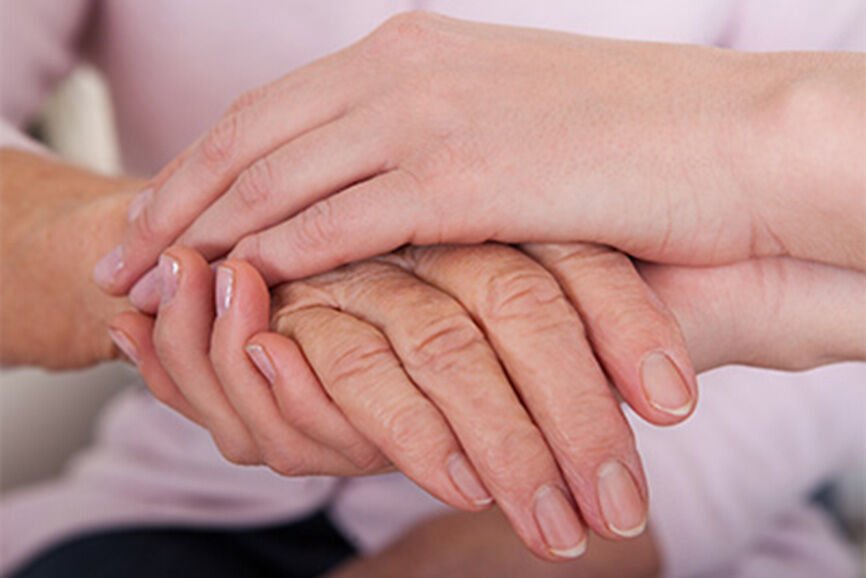Incontinence
Why is my skin changing with incontinence?
August 29, 2022

When you’re struggling with incontinence, good skin care means more than simply cleaning with soap and water. Bladder and bowel leakage can take a major toll on your skin, especially the skin that comes into contact with urine or faeces.
How does incontinence affect my skin?
Urine leakage affects the skin’s pH balance and not only inflames the skin, causing redness, soreness, and irritation, but can also lead to infections and pressure injury. This can cause pain, discomfort, embarrassment, and lead to social isolation. Prevention is always the best medicine. Whether you live with incontinence or care for someone who does, taking extra care of the skin to keep it clean, dry and pH protected by using clinically researched products, will keep skin problems at bay. Here are some tips for optimal skin care when tackling incontinence.
Here are some tips for optimal skin care when tackling incontinence.
Prepare
Ensure regular toilet breaks. If you’re a carer, watch for signs of the person wanting to empty their bladder or bowel. This helps to avoid urine and faeces making contact with the skin. If out and about, you can find the location of the nearest toilet via the National Toilet Map.
Use skin-friendly continence products
Pads and pull-up pants come in a range of sizes, absorbency levels and styles. These products are designed to manage the symptoms of poor bladder and bowel control, helping you have a normal life. Many brands promote skin friendliness, but it’s important to choose products that actively protect the skin by balancing the skin pH to prevent skin breakdown. MoliCare has advanced Curly Fibre technology that maintains skin at a healthy pH5.5.
Keep skin clean
Change continence pads or pull-up pants as required to keep the skin dry. After leakage, clean the affected area, preferably using a pH balanced, mild cleanser instead of traditional soaps, before carefully patting the area dry. If out and about, pH balanced cleansing wipes such as MoliCare Skin Moist Skin Care Tissues, may be more convenient.
Remember that incontinence is a common but easily managed condition. Using the right skincare methods and products can safeguard your skin and help you maintain healthy skin, even if you are living with incontinence.
Protect
Use good-quality skin care products that nourish, shield and repair exposed skin. Avoid harsh skin products that contain alcohol, strong perfumes, or disinfectant, as they can be harmful to sensitive skin. Use a barrier cream that will not interfere with the absorbency of the continence pad. Some traditional barrier products contain zinc oxide or petroleum jelly that block the absorbency of a pad and can lead to further skin irritation.
MoliCare Skin is recommended by many healthcare professionals. You can find the full range of MoliCare Skin products here, or a continence nurse advisor, or your pharmacist, can recommend products to help protect the skin.
Maintain a healthy lifestyle
You can reduce the effects of incontinence with the right diet to help ensure that skin remains well-nourished and hydrated with regular fluid intake and good nutrition. Many people reduce their fluid intake thinking this will reduce incontinence, however, our kidneys continue to produce urine despite our fluid intake. If fluids are reduced, this can lead to dehydration and additional health concerns.
Be aware
Look for signs of a possible urinary tract infection which can cause leakage and contribute to skin damage. Watch for pressure injuries if you’re caring for someone confined to a bed or using a wheelchair.
Ask a GP or medical professional for advice if a severe skin irritation develops or if you have any concerns.


